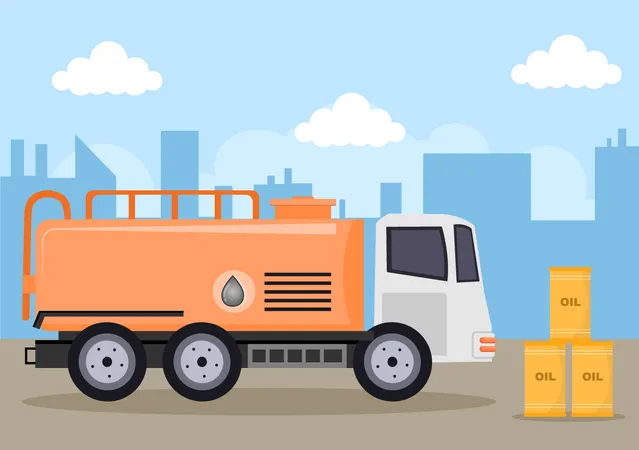In an era set apart by mechanical innovation and the tireless quest for convenience, traditional standards are continually being reclassified. The furthest down the line business to go through a groundbreaking movement is the fuel delivery service, testing the long-standing daily schedule of topping off at the gas siphon. As society embraces a computerized age described by on-demand services, the eventual fate of fuel delivery services has shown up, promising a more convenient and proficient fueling experience. One of the critical drivers of this evolution is the ascent of portable applications that connect consumers with fuel providers. These apps influence GPS technology and continuous information to propose fuel delivery, disposing of the requirement for consumers to visit gas stations genuinely. Clients can now demand fuel delivery to their definite location, whether it is at home, work, or in any event, during an excursion, with only a couple of taps on their smartphones. The advantages of fuel delivery services stretch out a long ways beyond simple convenience.

As the world grapples with environmental concerns and the requirement for feasible practices, fuel delivery services are positioning themselves as a greener option in contrast to traditional refueling strategies. By upgrading delivery courses and using fuel-productive vehicles, these services intend to lessen the carbon footprint related with moving fuel, contributing to a more eco-accommodating approach to energy distribution. Besides, the shift towards fuel delivery services is cultivating innovation in the sorts of fuel accessible. Electric vehicles EVs are building up momentum universally, and fuel delivery services are adjusting to fulfill the developing need for power as a fuel source. Organizations are putting resources into portable charging units, tending to the test of finding charging stations and giving a consistent solution to electric vehicle proprietors and read more. The fate of fuel delivery likewise holds guarantee for autonomous innovations. As self-driving vehicles become more pervasive, fuel delivery services are investigating the integration of autonomous vehicles for the distribution of fuel.
This not just improves the effectiveness of the delivery interaction yet additionally opens up additional opportunities for streamlining courses and diminishing operational expenses. In addition to tending to environmental concerns, fuel delivery services are likewise reshaping the economic scene. By taking out the requirement for physical gas stations, these services might possibly diminish land expenses and give the investment funds to consumers. Additionally, the direct-to-consumer model takes into account more straightforward estimating, giving consumers more prominent control over their fuel costs. Administrative systems need to adjust to oblige this arising industry, guaranteeing security principles are met and consumers are safeguarded. The convergence of technology, environmental consciousness, and changing consumer inclinations has made ready for a more convenient, feasible, and imaginative approach to fuel distribution. As society continues to embrace these headways, the gas siphon might turn into a remnant of the past, accounting for a more unique and responsive fueling experience custom fitted to the requirements of the cutting edge consumer.